Major General Nguyen Tuan Anh said Decree 136 was amended to reduce paperwork related to fire prevention and fighting, while increasing decentralization to localities.
Fire prevention and fighting regulations are still considered a difficult bottleneck for the business community in recent times. Speaking at a dialogue conference with businesses on July 20, Mr. Nguyen Tuan Anh, Director of the Fire Prevention and Fighting and Rescue Department, said that the authorities are working together to find ways to resolve the problem. To date, about 10,000 establishments (out of a total of 47,719 units) have had their obstacles removed.
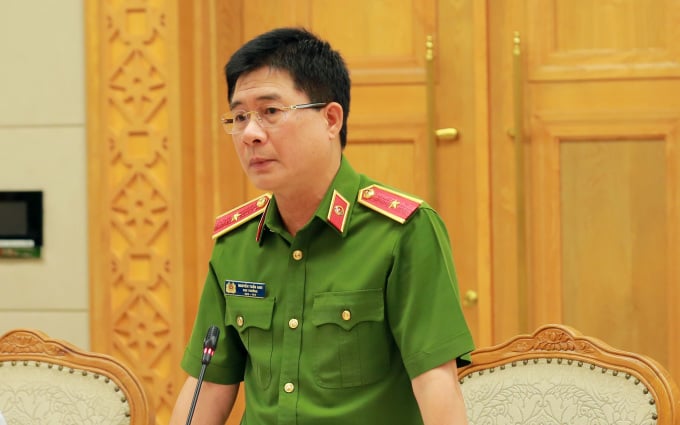
Mr. Nguyen Tuan Anh, Director of Fire Prevention and Fighting and Rescue Department. Photo: Minh Khoi
According to him, the Ministry of Public Security is currently amending Decree 136 to reduce paperwork and procedures related to fire prevention and fighting to create more favorable conditions for businesses. The new Decree is expected to be issued in August, hoping to remove current bottlenecks.
"Previously, people and businesses had to submit many documents such as old appraisal papers, inspection papers, and completion documents. Now, those issued by the police do not have to be resubmitted," he said. Currently, fire prevention and fighting administrative procedures are also being carried out completely online.
In addition, the decentralization of authority to localities will be further promoted. For example, if previously, in 1 year, the Fire Prevention and Fighting Department would inspect 100 projects, in the future it will be 40. The appraisal of some projects will also be reduced, from 3 steps (approval of location, approval of basic design, approval of construction) to 1.
"This is to facilitate businesses," said Mr. Tuan Anh.
Businesses also asked many questions to the authorities about fire prevention and fighting regulations. Mr. Nguyen Hong Hai, representative of the Vietnam Association of Maritime Brokers and Services, shared that the regulations on mandatory fire fighting equipment at seaports are unreasonable, causing huge waste for businesses.
"A type 1 port must be equipped with 2 fire trucks and 1 fire boat, a type 2 port must have 1 truck and 1 fire boat. In fact, the seaport construction planning has fully invested in fire prevention and fighting," he said. According to him, this new equipment could cost up to hundreds of billions of VND, not including maintenance and repair costs, and specialized human resources.
"We propose to share fire protection equipment with functional units in the area and collect fees when incidents occur," said Mr. Hai. In addition, he mentioned the difficulties due to the limited and expensive fire-resistant materials in Vietnam; the pressure on logistics enterprises when regularly converting factory functions while still having to ensure fire protection regulations.
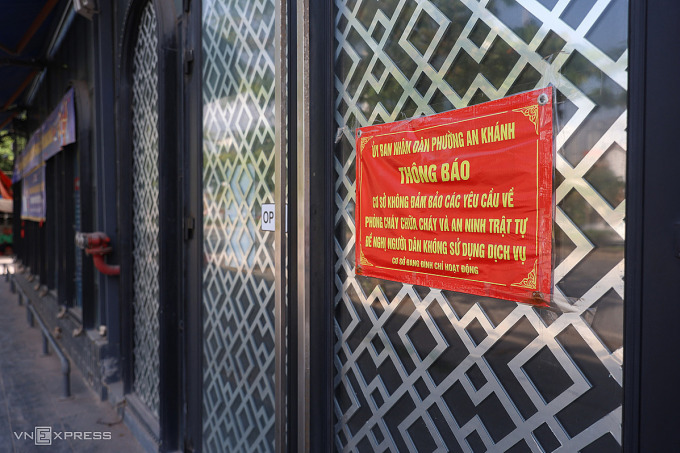
Announcement of the People's Committee of Anh Khanh Ward (HCMC) outside a karaoke shop on Tran Nao Street in March 2023. Photo: Quynh Tran
Mr. Nguyen Huu Thap, Chairman of the Tuyen Quang Province Business Association, expressed concern about the retroactive issue of projects under new regulations on fire prevention and fighting. Petroleum enterprises in the province also face difficulties with the requirement to install additional transmission lines to report incidents.
"An installation set costs 20-30 million, renting the layout costs 12 million, plus other very strict fire prevention requirements, it also costs hundreds of millions," he said.
In addition, some businesses also mentioned that there are no regulations for approval and acceptance of small-scale renovation projects, causing each locality to have different requirements; businesses encounter many difficulties in the process of implementing fire prevention and fighting procedures. This makes them waste a lot of time and increase costs.
Answering these questions, Director of the Fire Prevention and Fighting Department Nguyen Tuan Anh said that according to the Fire Prevention and Fighting Law, special projects such as seaports, airports, and power plants need to have a professional or semi-professional fire prevention and fighting team. That is, they need to have the means to self-rescue in the area when an incident occurs.
"We cannot share them because these are places with high risk of fire and explosion, and we cannot wait," said Mr. Tuan Anh. However, he said that he had taken note of the business's opinion and that the authorities would study the number of vehicles needed.
In response to businesses' concerns about retroactivity, the leader of the Fire Prevention and Fighting Department affirmed that this was not the case. "Many businesses say that the new standards are more difficult, but that is not the case. Many things have been around for a long time, and are not retroactive. But for a long time, investors have received favors from localities, and we see that so we are a bit negligent. Now there are more fires and explosions, so we have to tighten things up. If officials do not fine them, they will be disciplined," said Mr. Tuan Anh.
Regarding the issue of installing emergency lines at petrol stations, he said "it is still under research and has not been required by the authorities". This installation aims to digitize the business premises, helping to shorten the time to grasp and handle fires and explosions.
Sharing more, Mr. Tuan Anh said that the difficulties of some businesses also come from the fact that they do not pay attention to fire prevention from the beginning. In fact, these units are only licensed to consult, design, and supervise the construction of fire prevention systems while the acceptance work is comprehensive, taking into account both structure and architecture. Accordingly, business associations need to guide investors to directly carry out fire prevention procedures to promptly adjust difficulties.
Mr. Le Minh Long, Deputy Director of the Department of Science, Technology and Environment (Ministry of Construction), also agreed and said that businesses should learn more about the standards. "If people and businesses understand more clearly, it will reduce problems," he said. The Ministry of Construction is also receiving comments and continuing to revise the standards.
Duc Minh
Source link



![[Photo] "Beauties" participate in the parade rehearsal at Bien Hoa airport](https://vstatic.vietnam.vn/vietnam/resource/IMAGE/2025/4/11/155502af3384431e918de0e2e585d13a)


![[Photo] Looking back at the impressive moments of the Vietnamese rescue team in Myanmar](https://vstatic.vietnam.vn/vietnam/resource/IMAGE/2025/4/11/5623ca902a934e19b604c718265249d0)

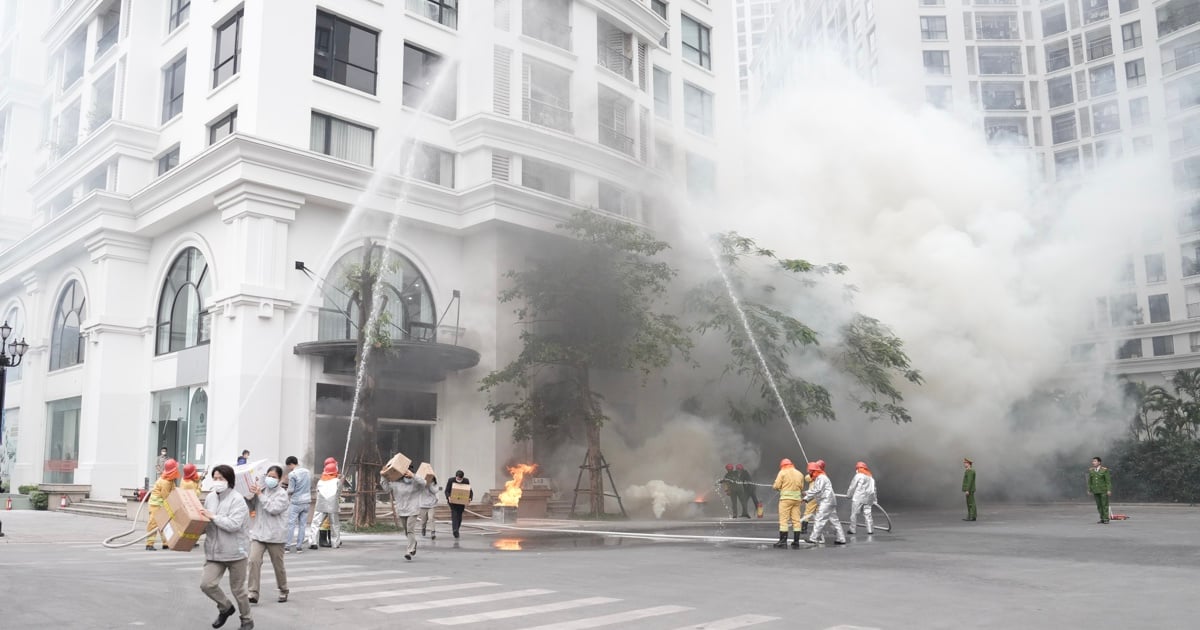

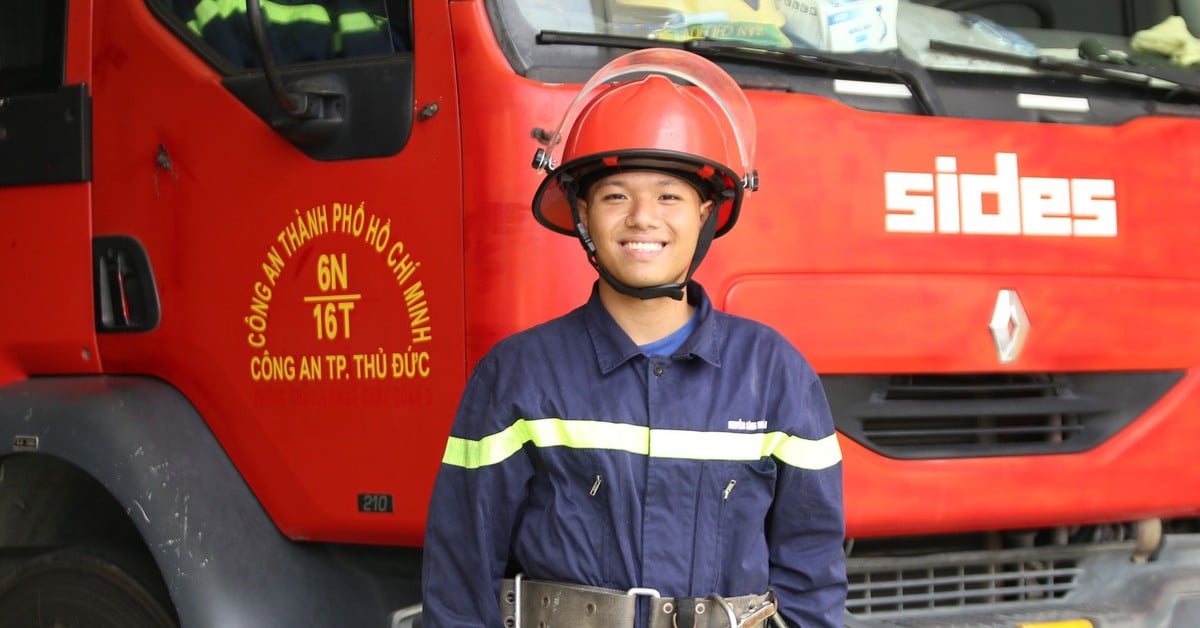

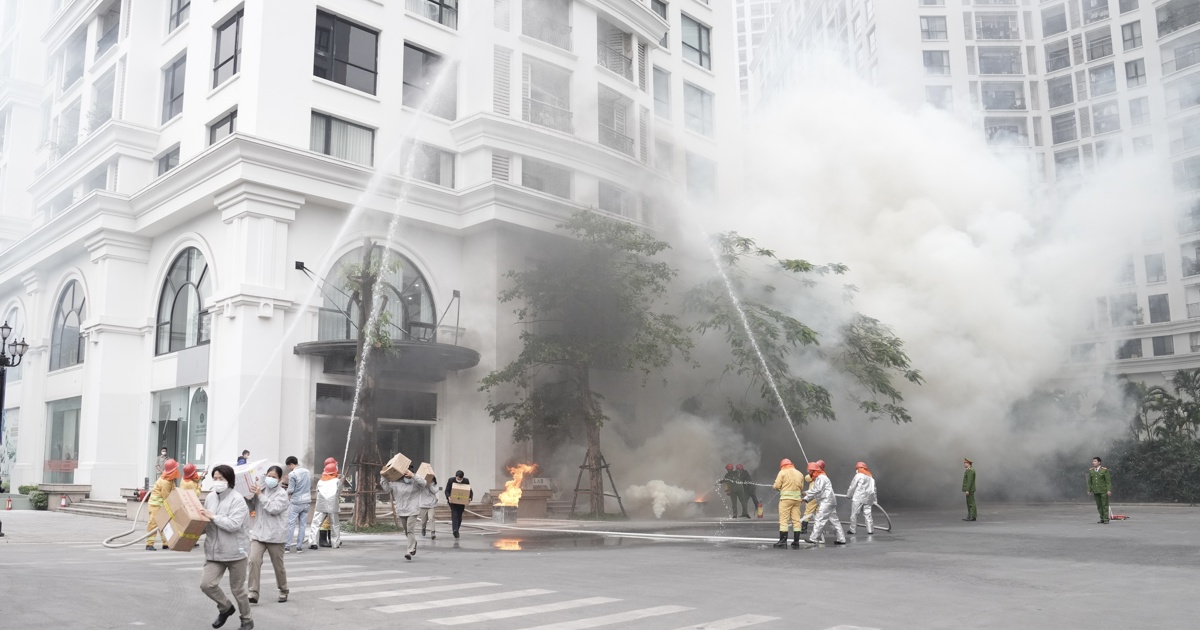
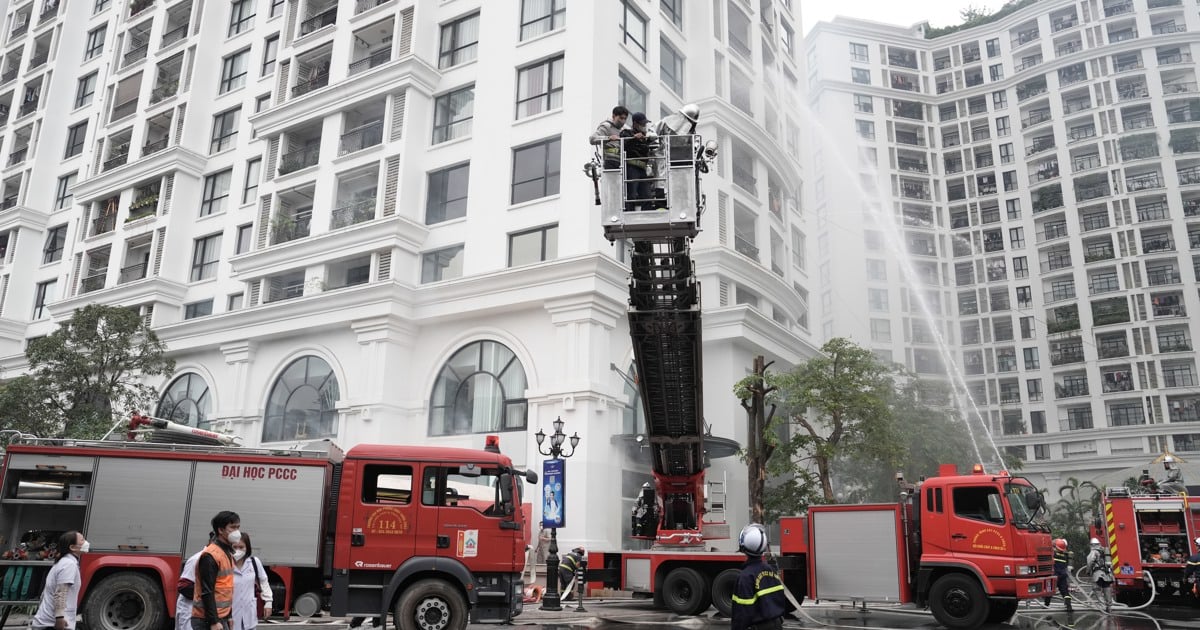




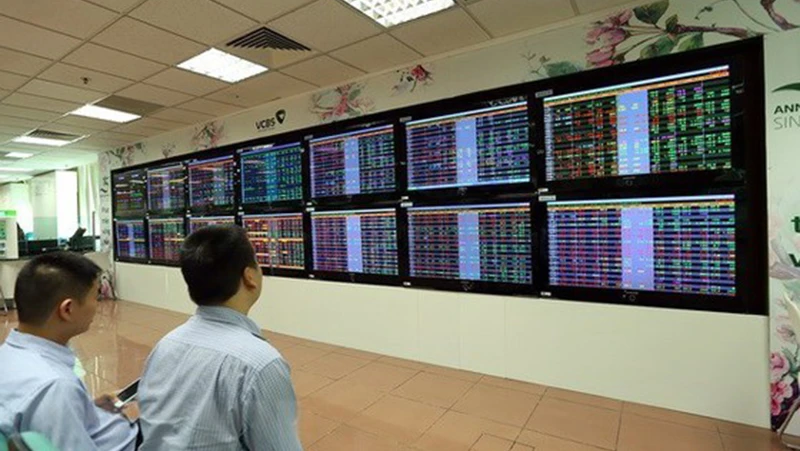
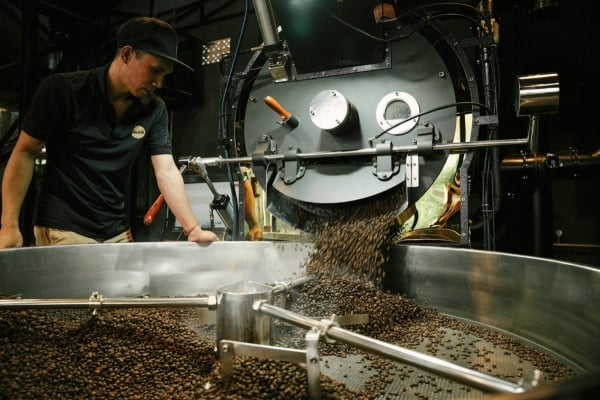

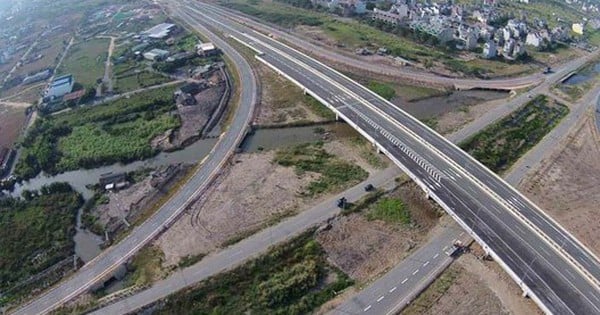

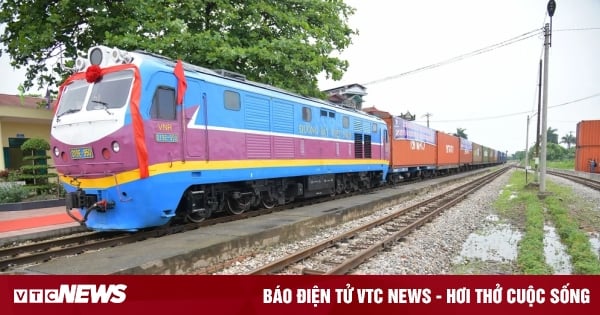









![[Photo] Summary of parade practice in preparation for the April 30th celebration](https://vstatic.vietnam.vn/vietnam/resource/IMAGE/2025/4/11/78cfee0f2cc045b387ff1a4362b5950f)








































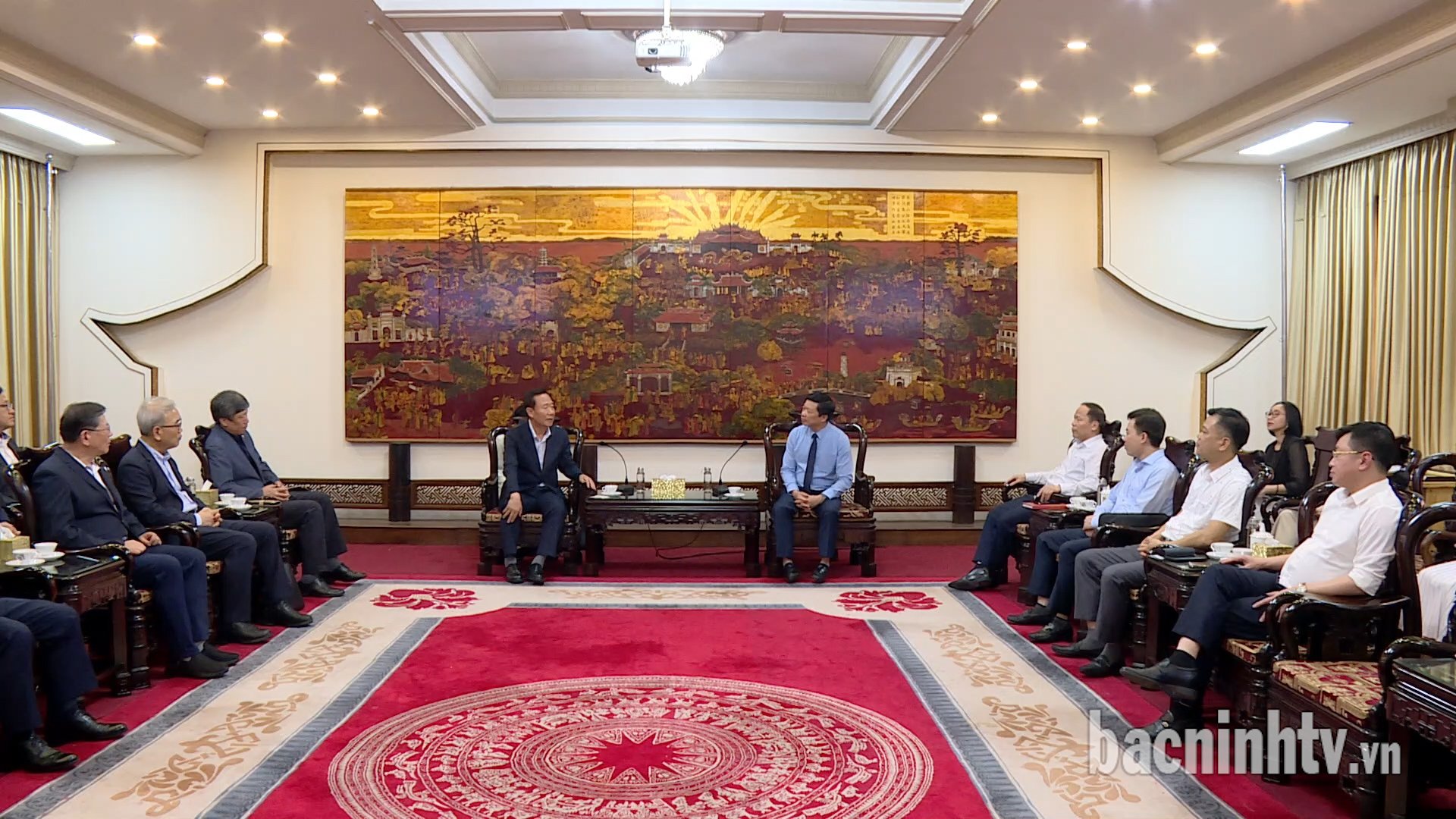
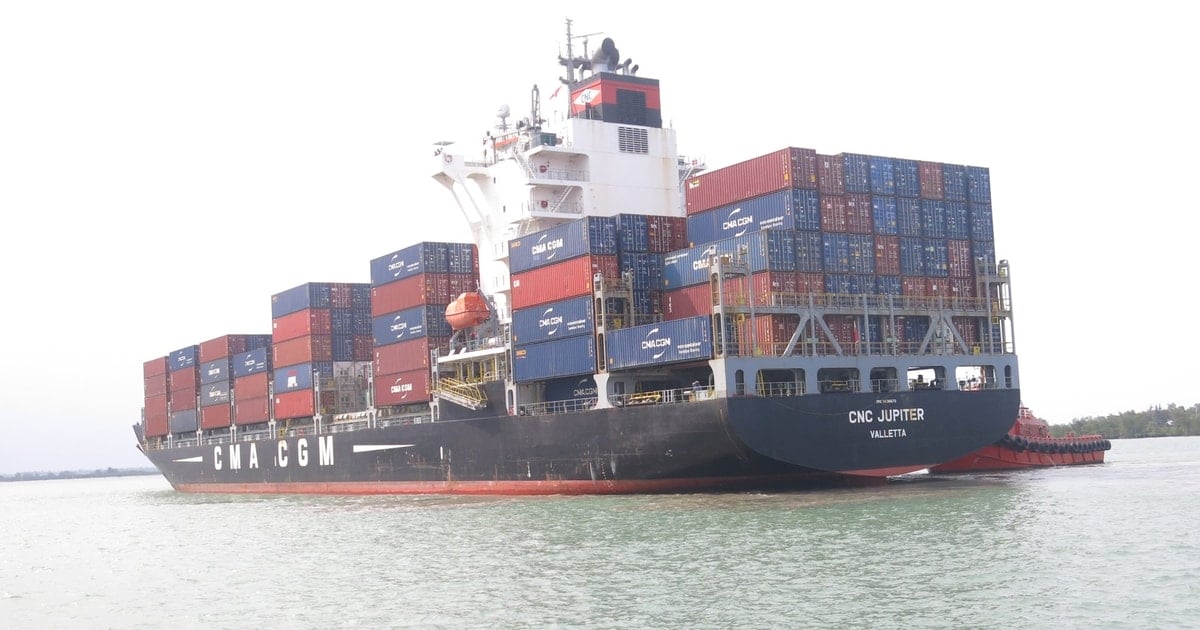



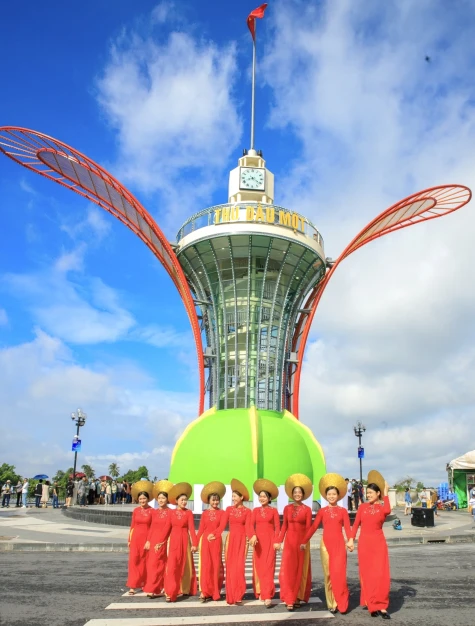

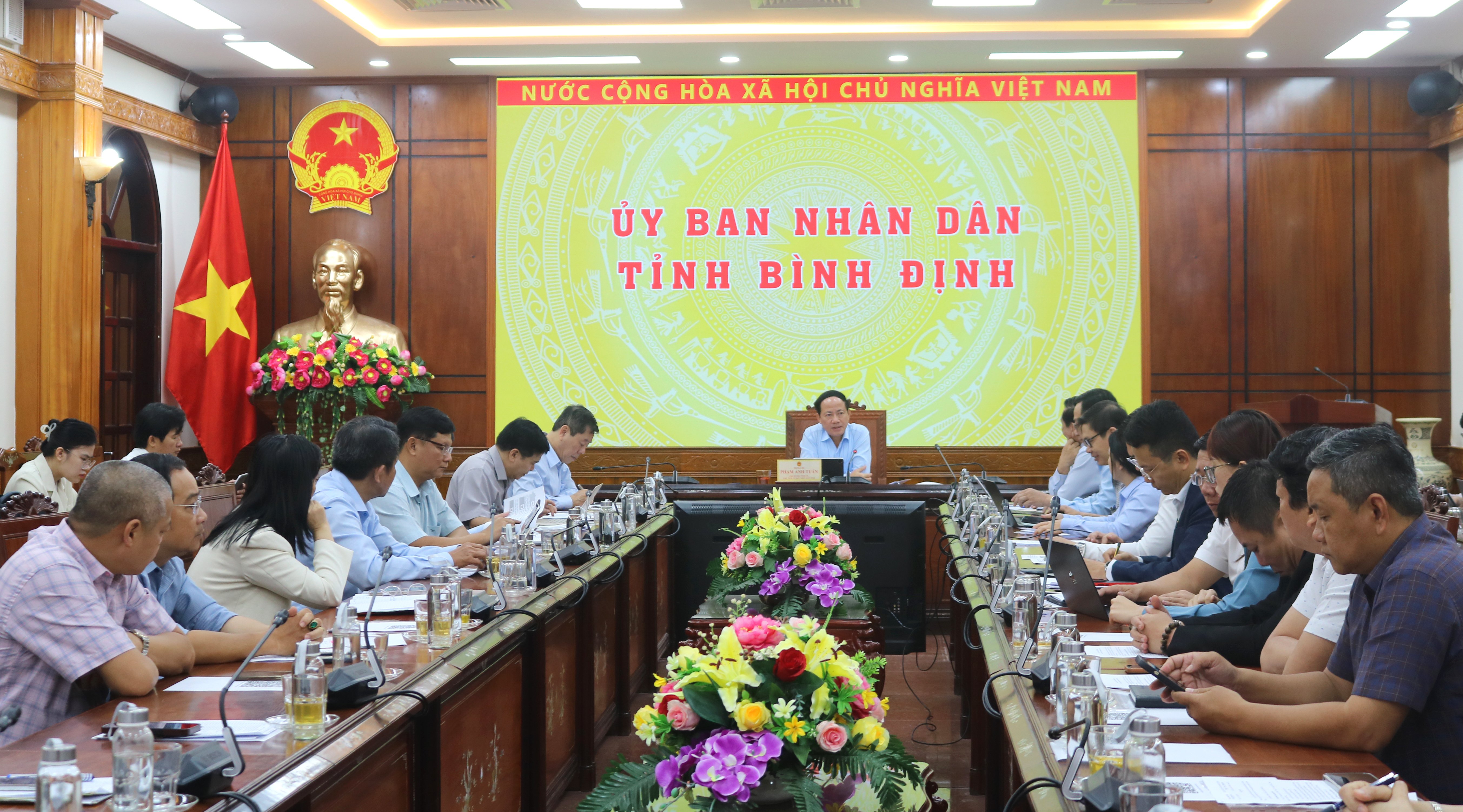













Comment (0)